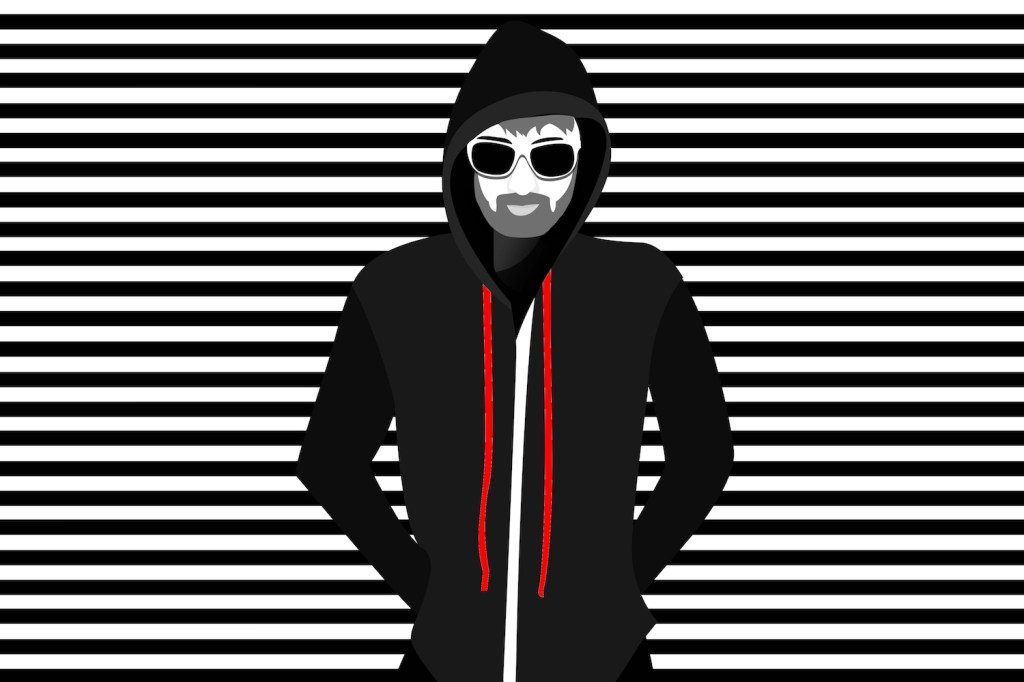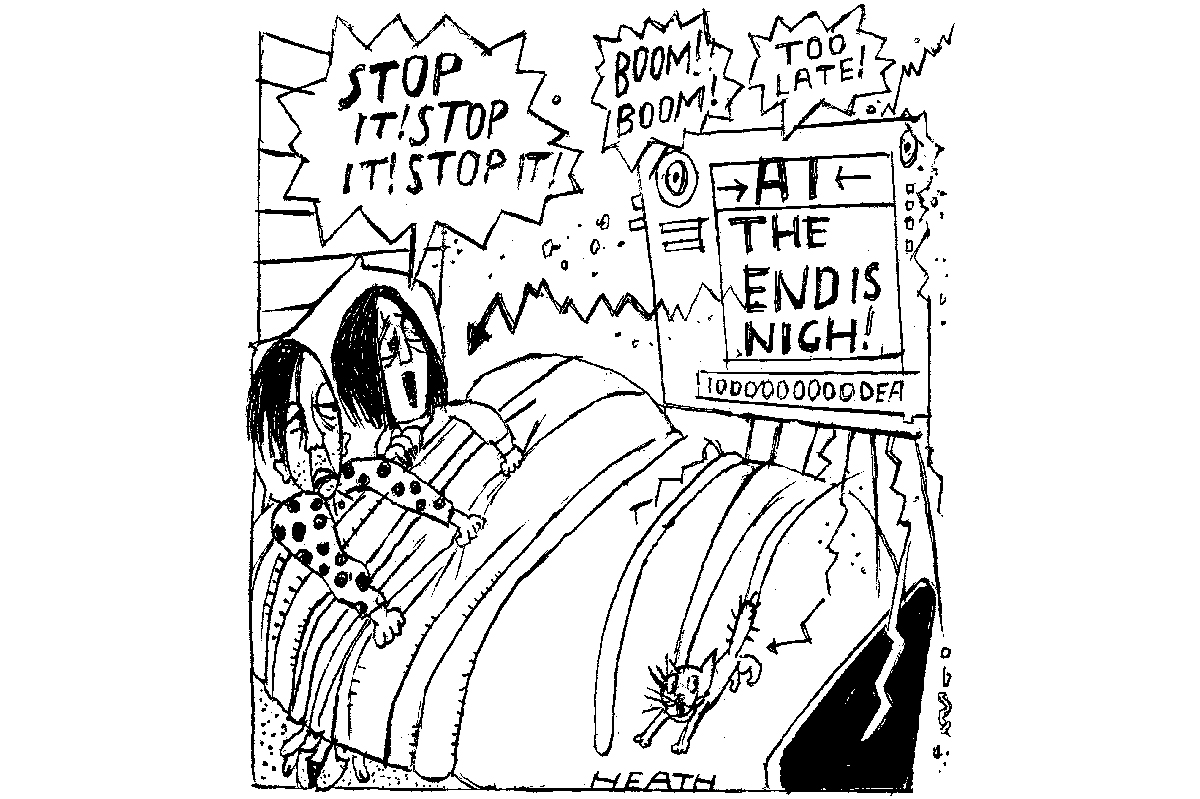Do you ever get the sense that no one in legacy media knows any weirdos? And, given how deeply strange our world has gotten lately, how that might be a problem? From the New York Times’s inability to find any Trump voters to talk to until they were literally storming the Capitol to the widespread media panic about incels, to the total ignorance of QAnon until the conspiracy theory movement had gobbled up thousands of people’s brains, it just feels like if our reporters were in touch with the malcontents and drifters and losers, they would understand the world a bit better.
Nowhere does the gap between coverage and reality seem bigger than in the field of technology and the internet. Every conman who finds funding gets heralded as an innovator and disrupter right up until the point when someone notices companies like Uber and Airbnb have hemorrhaged money for years. Meanwhile gamers who post jokes journalists don’t get on social media are labeled as a national threat.
The podcast Darknet Diaries has been around for years, but it remains a reliable antidote to the usual reporting on the goings-on in the stranger, dark corners of the internet. Launched in 2017 by Jack Rhysider as a series of short conversations about hacks, scams and leaks, it has matured into serious and thorough investigations and in-depth interviews with unexpected figures. When the Times reported on the EternalBlue malware that attacked Baltimore municipal systems, two very normal journalists explained sophisticated technological weapons in approximately 20 minutes with all the ease of my father trying to explain how to open an attachment in his email. When Darknet covered the same subject over a series of episodes, they interviewed, among others, the security expert Jake Williams, who walked listeners through how malware developed by the NSA got into the hands of an unknown entity and the serious political ramifications that spiraled out from there.
Rhysider approaches the subjects of his podcast with curiosity and generosity. A recent standout episode about Pirate Bay, a longstanding torrent site that facilitates the distribution of pirated films, television and music but also original creative content and out of print books, was thoughtful and blessedly devoid of any of the usual handwringing about intellectual property or ‘anarchy’. The site has been widely condemned by Hollywood executives, but it’s also been the foundation of the leftist Pirate political party in Sweden. One of the recurring themes of Darknet Diaries is how frequently law enforcement and the media overreact to hacks and crimes that could be better described as pranks and mischief. A lack of understanding about subcultures and technology is often at the root of this.
Rhysider’s sincerity and knowledge get both hackers and those who fight them to open up about their stories and their communities, giving a sophisticated look at stories too frequently glossed over in other forums. But sometimes you do need a normie to talk you through a tech story. The CBC’s A Death in Cryptoland, despite its cringe-inducing title, is a very entertaining look at a mystery in the cryptocurrency field.
When Gerald Cotten died suddenly and mysteriously on a vacation in India, he left behind Quadriga, a cryptocurrency exchange in Canada. Customers and investors were out approximately $250 million, purportedly because only Cotten could access the funds in the accounts with passwords he did not share with anyone. His will left behind funds and instructions for the care of his chihuahuas, but zero information on managing the money. The wife he left behind turned out to be operating under fake names and behaved strangely after her return from India. The mystery of his death revealed a larger mystery about his life and a business in which people routinely hand over big money for the promise of a cryptocurrency boom without often really knowing how the technology works.
The intrigue here is not in the technology but in the human foibles of greed and lies, and Takara Small is a good guide through this story. Cotten, she discovers, latched onto Bitcoin at the right moment, as it was moving from a niche nerd interest and starting to attract people all too eager to find the next get-rich-quick scheme. But his sudden death and disappearing wealth – as well as the lack of serious involvement by law enforcement who lacked the ability to tell if there had even been a crime committed – allowed conspiracy theories and vigilante investigations to flourish online. Is Cotten even dead? Is the money even missing? It’s a good story well told, and you don’t even have to be able to define ‘blockchain’ to follow it.
This article was originally published in The Spectator’s August 2021 World edition.

























